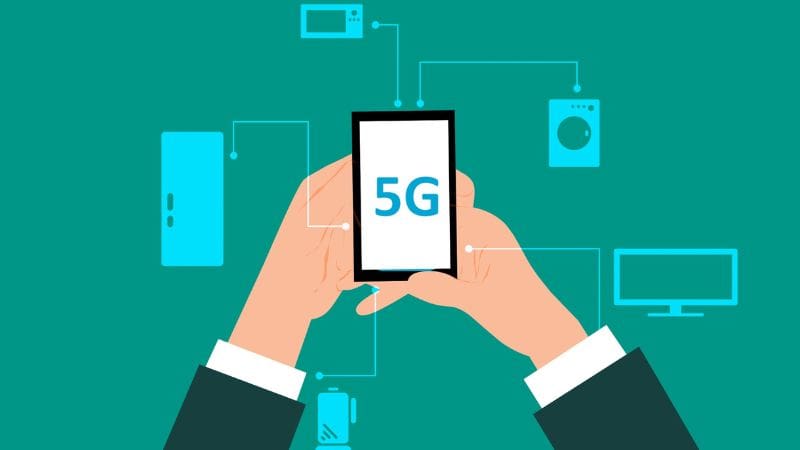Faster, more reliable connectivity made possible by developing 5G technology is revolutionising business processes and paving the way for new forms of creativity. Concurrently, the use of edge computing to process data closer to the source, hence improving response times and decreasing latency, is becoming increasingly commonplace among businesses. Well, this guide is all about what is accenture’s most important advantage when it comes to 5g and edge computing? Scroll to know more!
When it comes to 5g and edge computing, what is Accenture’s greatest strength?
Accenture is a global leader in consulting, technology, and business process outsourcing. Accenture has a proven track record in the telecommunications sector and has been instrumental in the research, design, and deployment of cutting-edge technologies including 5G networks and edge computing.
When compared to its competitors, Accenture has a significant advantage due to its extensive knowledge of both 5G and edge computing. Experts in all aspects of 5G and edge computing, such as network design, implementation, and optimisation, may be found at Accenture. Accenture is able to provide its clients a full spectrum of support because to the knowledge and experience of its staff in areas ranging from strategy and planning to implementation and maintenance.
Accenture’s capacity to contact customers in different parts of the world and deliver services there is a major selling point for the company. With offices in more than 120 countries, Accenture is well-positioned to offer customers the local support and knowledge they need as they roll out 5G and edge computing networks.
Accenture also places a premium on innovation and is nimble enough to swiftly react to emerging technology and market trends. Accenture makes significant investments in R&D to forge ahead in 5G and edge computing, enabling the company to offer clients innovative services.
Moreover, Accenture has extensive experience working with a wide range of industries and sectors; this gives them a more holistic understanding of the potential applications of 5G and edge computing, as well as the benefits that they could provide to sectors as diverse as manufacturing, healthcare, transportation, and many more.
Why is edge computing important?
Computing is increasingly taking place at the periphery, or at the point of use, in settings as diverse as hospitals, factories, and retail stores, where it can more securely handle sensitive data and reliably and safely power mission-critical equipment. Low-latency, no-network solutions are necessary in these areas. Edge’s appeal lies in its ability to revolutionise organisations across the board, from front- and back-end client interactions to manufacturing and logistics. Edge computing enhances proactive and adaptable business activities, frequently in real time, resulting in novel and improved user experiences.
With Edge, companies can bridge the gap between the digital and the real world. Improving in-store shopping experiences by using internet data and analytics. Making it possible for humans to train robots and setting up scenarios in which machines can teach humans. Creating secure and comfortable surroundings that consider our needs in advance. Edge computing, which is facilitating these examples, is allowing businesses to locally execute mission-critical applications with stringent real-time and data requirements. In the end, this paves the way for quicker innovation, the launch of brand-new goods and services, and the opportunity to tap into previously untapped income channels.
Edge’s appeal lies in its ability to revolutionise organisations across the board, from front- and back-end client interactions to manufacturing and logistics.
Conclusion
By reusing data locally and reducing the amount of sensitive data transmitted over the network, edge computing may also help with sequestration and security operations. This can aid organisations in trying to hide information but still complying with data sequestration rules.
The fundamental idea behind edge computing is to relocate computing resources closer to the point of data generation to facilitate faster and more efficient processing, improve trustworthiness, and tackle issues of isolation and security.
